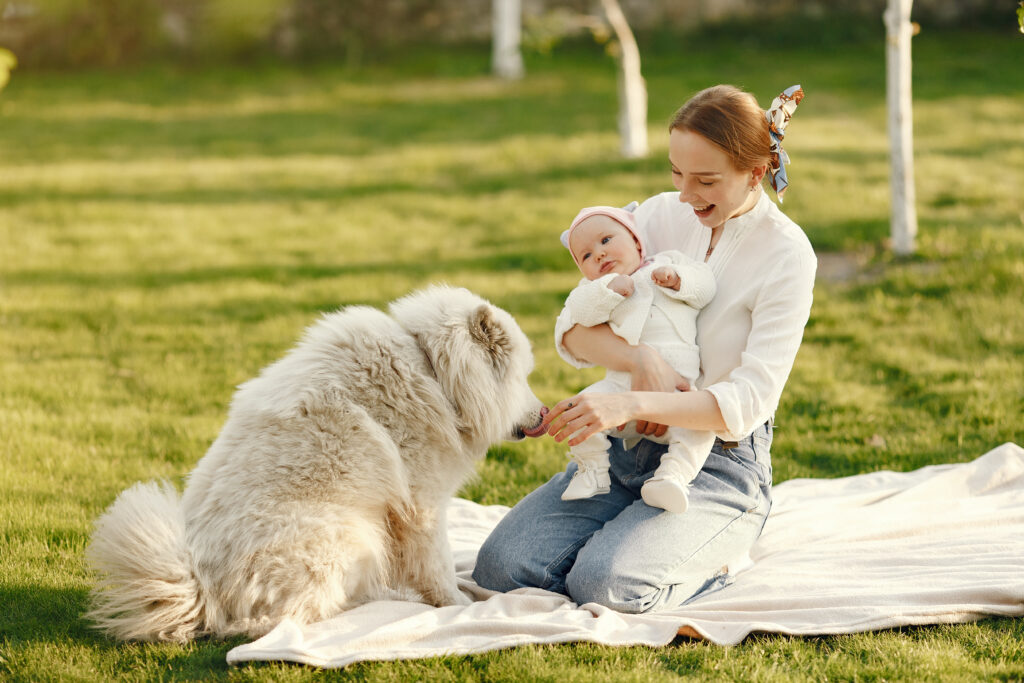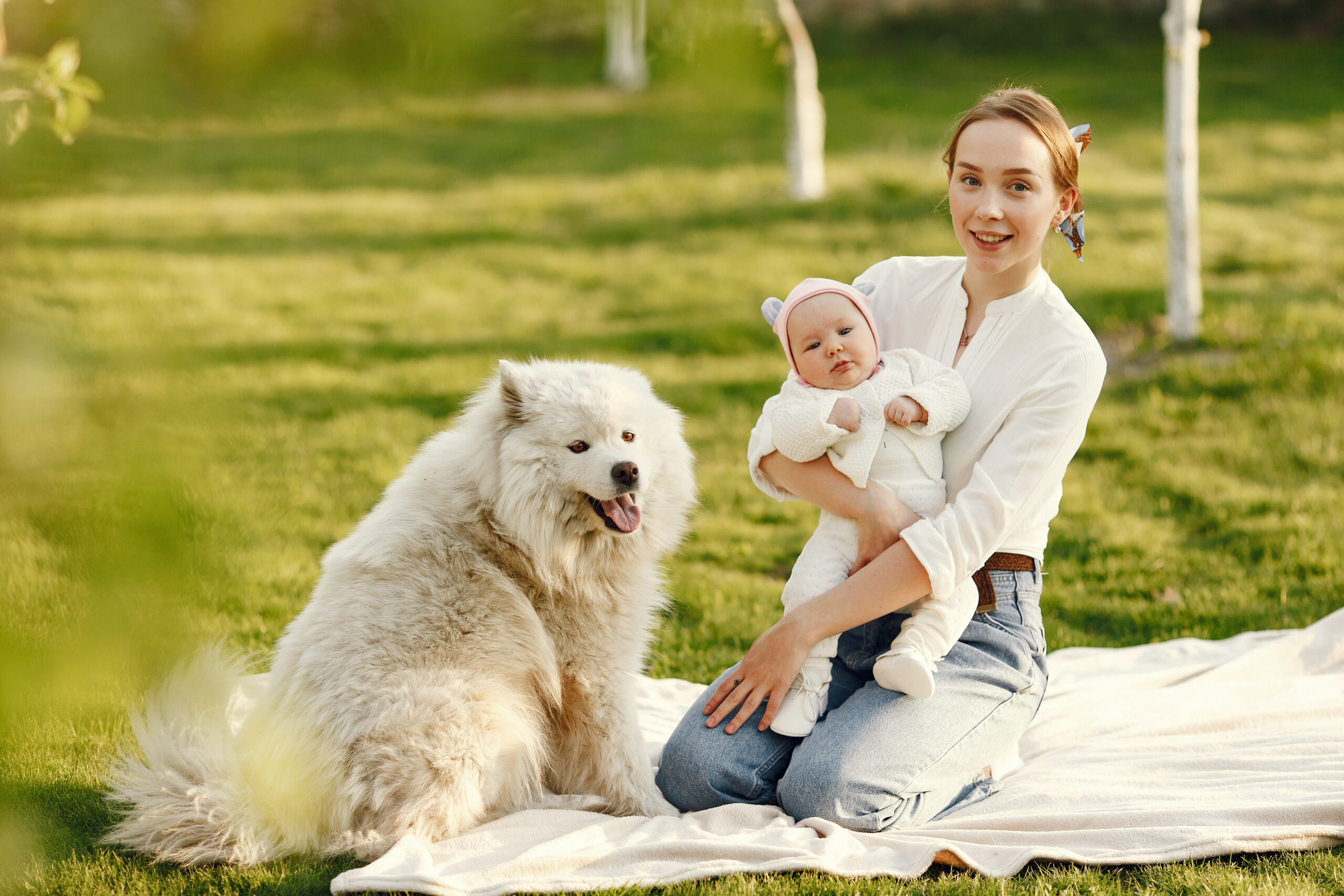Postpartum psychosis treatment is crucial for new mothers struggling with mental health conditions like postpartum depression. This condition can lead to anxiety, mood swings, and emotional distress. In some cases, the symptoms may develop into postpartum psychosis, a more severe form of depression. Thankfully, therapy animals, particularly dogs, have become valuable tools in treating these conditions. This post will explore how therapy animals play an essential role in helping new mothers cope with postpartum depression, postpartum anxiety, and peripartum depression.
What is Postpartum Psychosis and How Does It Affect New Mothers?
Postpartum depression (PPD) refers to a type of depression that occurs after childbirth, typically within the first year. Symptoms include extreme sadness, fatigue, irritability, and difficulty bonding with the baby. For some, postpartum psychosis develops, which can lead to hallucinations or delusions, making treatment crucial. To assess postpartum mental health, the Edinburgh postnatal depression screening is often used. This screening helps identify the severity of postpartum depression symptoms and determine the best course of treatment.
Learn more about how therapy animals assist with emotional health in our post on Exploring Effective Therapy Techniques with Animal-Assisted Support.
How Therapy Animals Aid in Postpartum Psychosis Treatment

Therapy animals provide emotional support to those facing mental health struggles, including those with postpartum depression. Their presence can significantly reduce feelings of loneliness and anxiety, which are common in new mothers. Therapy dogs, in particular, are trained to help alleviate stress and provide comfort. Here’s how they can support mothers with postpartum anxiety and peripartum depression:
- Providing Comfort: A therapy dog's calming presence can help reduce anxiety and elevate mood, making it easier for mothers to cope with their emotions.
- Promoting Physical Activity: Therapy dogs encourage mothers to take short walks, promoting physical health and reducing feelings of isolation.
- Improving Emotional Well-being: The unconditional love from a therapy animal helps foster a sense of security and comfort, reducing the emotional toll of postpartum depression symptoms.
By providing emotional support, therapy animals are a helpful complement to other treatments for postpartum depression.
For more information on therapy animals and anxiety relief, check out Therapy Animals for Social Anxiety Treatment.
The Science Behind Animal-Assisted Therapy for Postpartum Conditions
Research has shown that animal interaction can trigger positive emotions and lower stress hormones. Studies on animal-assisted therapy indicate that therapy animals, especially dogs, can help improve mental health by promoting the release of oxytocin, the hormone associated with bonding and stress relief. For new mothers struggling with postpartum depression or postpartum anxiety, therapy animals can enhance the healing process by providing consistent emotional support.
The presence of therapy animals has been linked to lower blood pressure and heart rate, making them a valuable asset in the recovery process. Furthermore, therapy animals help mothers feel less overwhelmed by offering a comforting presence that encourages mindfulness and relaxation.
Explore more about how animals can assist in therapy in our post on Exploring Animal-Assisted Therapy.
Therapy Animals and Edinburgh Postnatal Depression Screening
The Edinburgh postnatal depression screening is a tool used to assess a mother’s mental health after childbirth. It helps healthcare providers gauge the severity of postpartum depression symptoms. While this screening is important for diagnosis and treatment planning, it is essential to complement it with emotional support. Therapy animals can help reduce the severity of postpartum depression symptoms by providing calming effects and enhancing emotional well-being. Many mothers report feeling more at ease and supported when they have a therapy animal by their side.
For more about the benefits of therapy animals in emotional well-being, visit our post on Therapeutic Dogs for Autism Support.
How to Get a Therapy Animal for Postpartum Depression

For those seeking the assistance of a therapy dog, the process typically starts with contacting an organization that trains and places therapy animals. These animals are specially trained to help alleviate the symptoms of mental health conditions like postpartum depression and postpartum anxiety. Some organizations offer programs that provide free therapy dogs, while others may charge a fee for their services.
Many women find that having a therapy dog by their side not only provides emotional support but also helps with practical tasks, such as calming down during moments of anxiety or providing companionship when feeling isolated. If you are considering a therapy animal, it is important to reach out to a licensed organization for further guidance.
Learn more about emotional support dogs in the Emotional Support Dog Training Guide.
Conclusion
Therapy animals have proven to be incredibly effective in providing support for mothers facing postpartum depression, postpartum anxiety, and peripartum depression. Whether through the calming presence of a therapy dog or their ability to encourage physical activity, these animals offer invaluable emotional support during a challenging time. For further reading on how animal-assisted therapy can help with postpartum depression, check out this informative article on Animal-Assisted Therapy.

